Hull is located on low lying land alongside the Humber estuary and the River Hull. As a result, the city has flood risk from all sources -
- tidal
- river
- surface water
- sewer
- ground water
Flood defences such as -
- walls
- barriers
- lagoons
- pumping stations
help reduce the probability of flooding, but do not completely remove that risk.
Flooding can still happen at any time and, when it does, can be stressful and traumatic for all involved. There are things you can do to prepare for a flood that can minimise the impact of the flood and damage it may cause.
Flood CPR –
- Check
- Plan and Prepare
- Register
Flood CPR is a way of everyone managing and minimising the damage a flood can have.
You can check your flood risk in Hull and the East Riding.
If you are at risk of flooding, it is important that you make your own plans to prepare.

